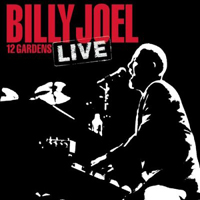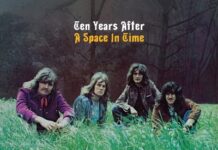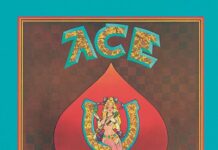Whether you may like it or not, Billy Joel remains a prominent influence in
popular — and less popular — music. He emerged in the seventies
as an Americanized Elton John without the pronounced eccentricities, or need
for a lyricist. Through his career he has often battled with critics for acknowledgement
as more than a precocious pop balladeer. After the labored disappointment, River
Of Dreams, Joel made a clear exit from the pop music scene; the 2001
classical release Fantasies And Delusions remains his only
studio recording since.
So with that history in tow comes the two-disc release 12 Gardens Live,
his fourth, and possibly strongest, concert recording. Recently released from
the Betty Ford clinic, Joel is documented during his 12 sold-out performances
at Madison Square Garden in his home state of New York. The album showcases
much lesser known material, as well as the first collaboration between Joel
and Grammy-winning producer Steve Lillywhite. With a resume that includes production
work with U2, the Rolling Stones and the Pogues, Lillywhite is well equipped
for the musical and emotional range of this material.
Though none of the songs here are at all reworked, many have clearly stayed
and grown with the performer since their inception. The opening cut, “Angry
Young Man,” seems more balanced between its ska and progressive rock influences
than ever, and the lyrics’ bitterness have perhaps been tamed by some
self-reflection on Joel’s part. Since 9/11, “New York State Of Mind,”
and “I’ve Seen The Lights Go Out On Broadway” are inevitably
burdened with new resonance, but it never weighed down these renderings.
Of course, the strengths of Billy Joel the performer cannot filter out the
weaknesses of Billy Joel the songwriter. We still must endure the unbridled
melodrama of “Goodnight Saigon,” and the monotonous string of historical
events in “We Didn’t Start The Fire.” One often senses Joel
winking behind a clever line, and that still comes across in these performances,
including that of the self-consciously satirical “It’s Still Rock
& Roll To Me.” Somehow, lyrics criticizing mass consumerism lose their
punch when you hear them echoed by thousands of concertgoers.
With that said, the selection here is varied and effectively shows the wide
span of styles, subjects, and influences in the Billy Joel songbook. His relative
distance from the music industry seems to have revived his connection to his
material. He is no longer the angry young man with something to prove and simply
a seasoned musician with an oeuvre worth revisiting. 12 Gardens Live
is a fine vehicle for such a reflection.
~ Galen Howard




















